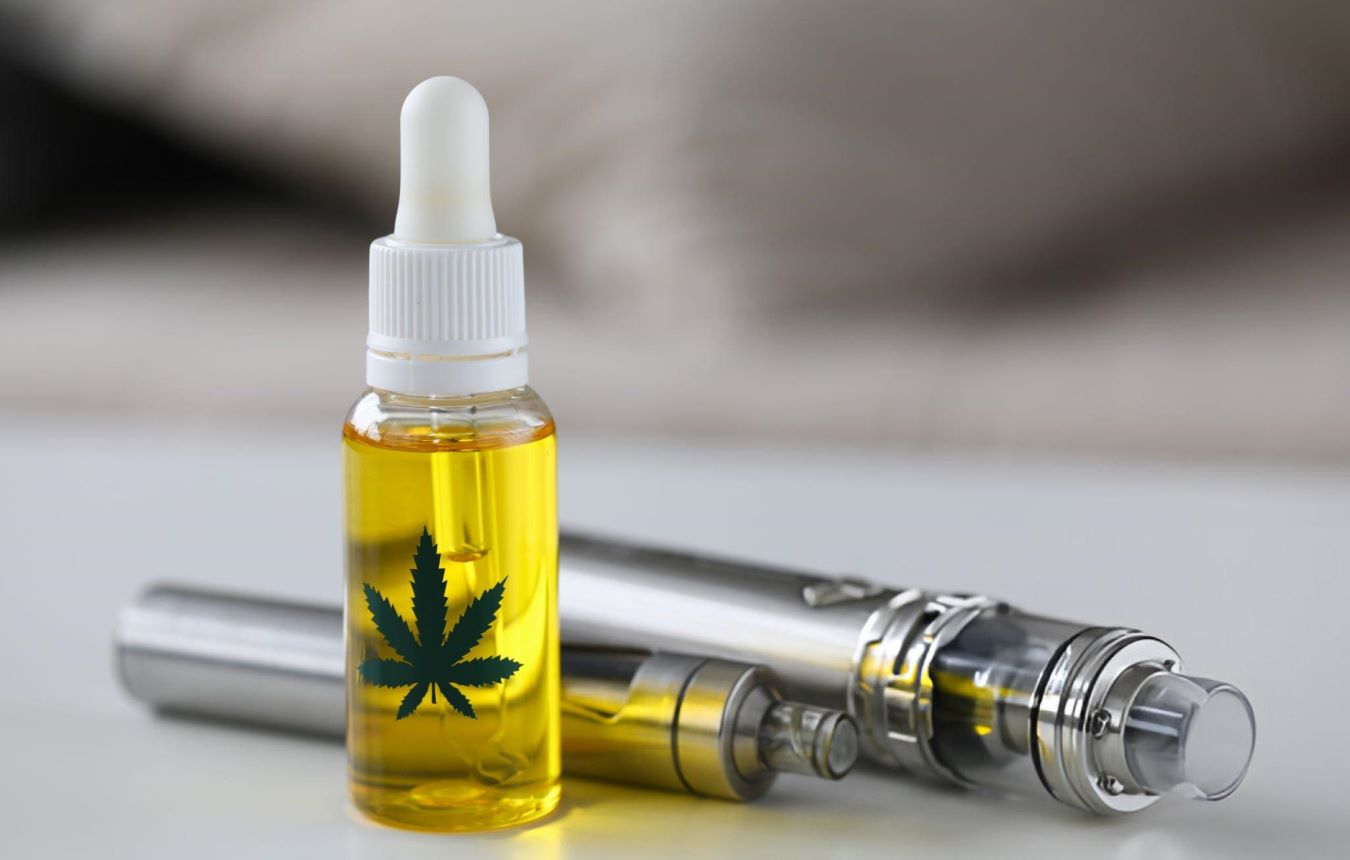Contents
Basics of CBD and THC
CBD (cannabidiol) and THC (tetrahydrocannabinol) are two primary compounds found in cannabis plants. While both interact with the body’s endocannabinoid system, they have distinct effects. CBD is non-psychoactive and known for its potential therapeutic benefits, while THC is psychoactive and responsible for the “high” associated with marijuana use.
Understanding these fundamental differences is crucial for anyone considering the use of cannabis-derived products for health and wellness purposes.
Potential Health Benefits
Both CBD and THC offer a range of potential health benefits. CBD has shown promise in managing anxiety, reducing inflammation, improving sleep quality, and alleviating chronic pain. THC, on the other hand, is often used for pain relief, nausea control, appetite stimulation, and muscle relaxation.
Some studies suggest that these compounds may also have neuroprotective properties and could be beneficial in treating certain neurological disorders. However, more research is needed to fully understand the extent of their therapeutic potential.
Consumption Methods and Bioavailability
CBD and THC can be consumed in various forms, including oils, edibles, topicals, and inhalation products. Each method of consumption affects how quickly the compounds are absorbed into the body and how long their effects last.
For instance, inhaled products typically offer rapid onset but shorter duration, while edibles take longer to take effect but may provide longer-lasting relief. Understanding these differences can help users choose the most appropriate product for their needs.
Legal Considerations and Safety
The legal status of CBD and THC varies widely across different regions. In many places, CBD derived from hemp (containing less than 0.3% THC) is legal, while THC remains more strictly regulated. It’s essential to research local laws before purchasing or using any cannabis-derived products.
Additionally, while both compounds are generally considered safe, they can interact with certain medications and may cause side effects in some individuals. Always consult with a healthcare professional before incorporating CBD or THC into your wellness routine.
Entourage Effect and Whole Plant Medicine
Some researchers believe that CBD and THC work best when used together, along with other cannabinoids and terpenes found in the cannabis plant. This synergistic interaction is known as the “entourage effect.”
The concept suggests that the combined effect of multiple cannabis compounds may be greater than the sum of their individual effects. This has led to increased interest in whole plant medicine and full-spectrum cannabis products.
Future Research and Potential Applications
As interest in CBD and THC grows, so does the body of research surrounding these compounds. Ongoing studies are exploring their potential in treating a wide range of conditions, from chronic pain and epilepsy to anxiety disorders and neurodegenerative diseases.
The future of cannabinoid research is promising, with potential to reveal new therapies and deepen our understanding of their effects. As research progresses, we may see more targeted and effective uses of CBD and THC in both medical and wellness contexts.





